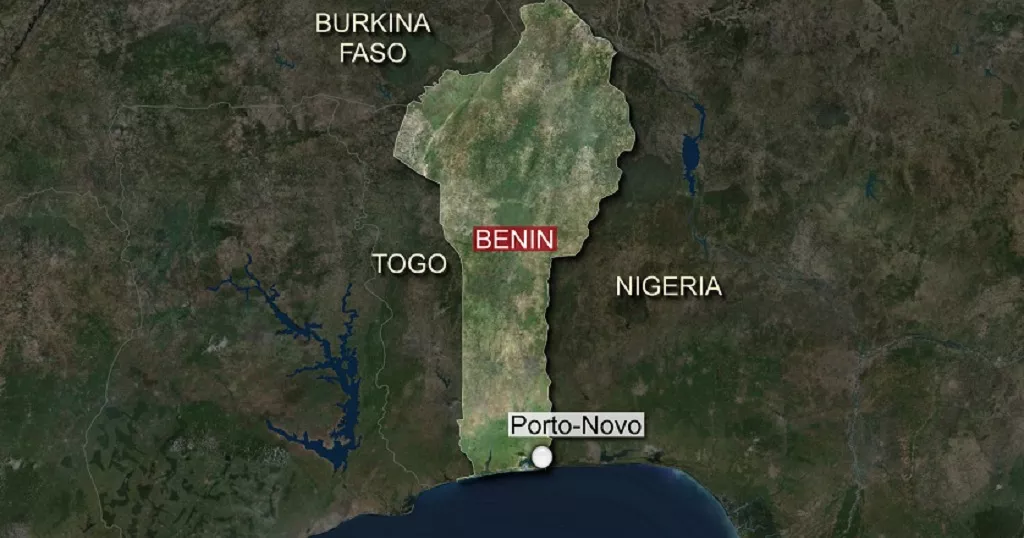
The recent deaths of two Beninese nationals in Lomé have cast a shadow over relations between Benin and Togo, raising serious questions about the protection of citizens abroad and the responsibilities of home governments during times of crisis.
According to reports from Togolese civil society groups, the two young men lost their lives amid a wave of unrest in the Togolese capital.
While the circumstances remain unclear, initial accounts suggest the victims may have drowned during street protests that recently rocked the city.
As uncertainty swirls, attention has turned sharply to Cotonou, where officials have yet to issue a formal statement or provide clarity on the events that led to the tragedy.
The silence has unsettled many, particularly within the Beninese diaspora in Togo and concerned communities back home.
For two nations bound by geography, culture, and economic ties, the deaths are not only a personal tragedy for the families involved, but also a matter of urgent diplomatic importance.
Protecting nationals abroad is a core responsibility of any sovereign state, and the lack of immediate public response from Benin’s government has amplified calls for action.
The Embassy of Benin in Lomé is believed to be working behind the scenes, gathering information and establishing contact with Togolese authorities. But for many, that is not enough.
“What are the authorities in Cotonou doing to clarify the situation?” has become the pressing question.
Families and community leaders expect swift diplomatic engagement, including demands for a full report on the circumstances of the deaths and participation in any Togolese investigations that follow.
Beyond the diplomatic channels, humanitarian concerns loom large. The repatriation of the bodies, moral and administrative support for the bereaved families, and assurances to the broader Beninese community in Togo are seen as essential steps in the wake of this tragedy.
Equally important is transparent and timely communication.
In an age of viral misinformation, the absence of an official narrative risks fuelling rumors and deepening fear.
Clear updates from the government are crucial to prevent unrest, ease public concern, and reassure the diaspora that their lives are valued and protected.
Yet, officials must tread carefully.
Benin and Togo, both members of the Economic Community of West African States (ECOWAS), share delicate diplomatic ties. Any approach perceived as heavy-handed could strain a relationship already marked by occasional tension.
The deaths of these two young men are a painful reminder of the risks faced by expatriate communities during periods of instability.
How the Beninese government responds will not only define its diplomatic posture but also its credibility in safeguarding the rights and lives of its citizens—wherever they may be.



